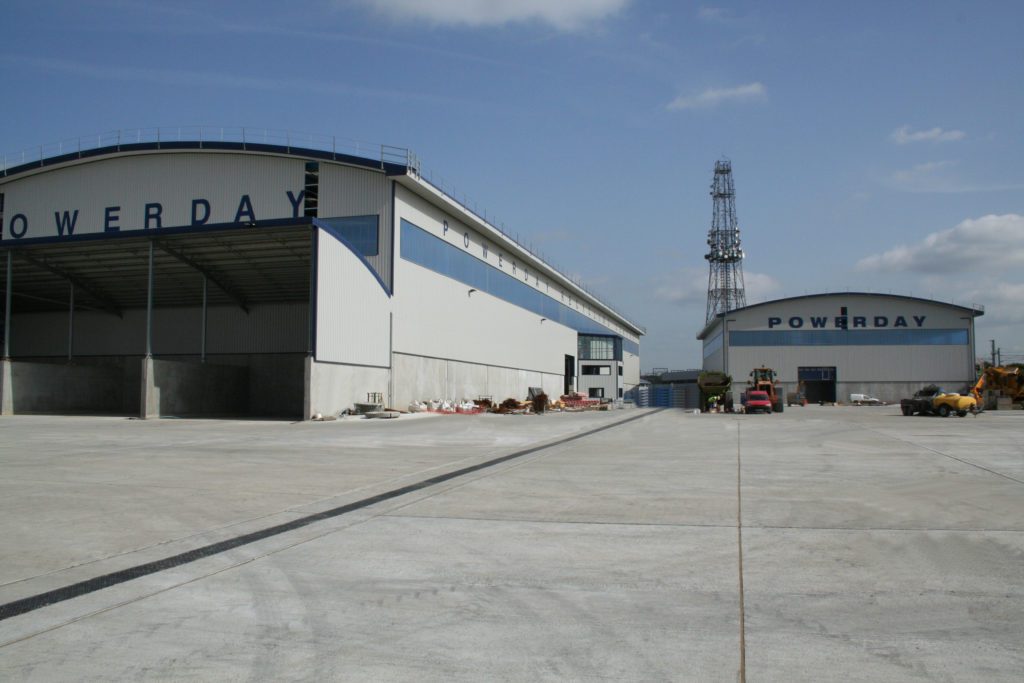
A London waste company has been ordered to pay more than £1.2m after pleading guilty to historical waste offences at Harrow Crown Court.
Powerday Plc, one of London and South East England’s biggest waste companies, was sentenced for offences relating to historical operations in relation to two separate cases, which saw more than 17,000 tonnes of waste deposited and stored illegally. Fines were imposed amounting to £1million and the company agreed to pay the Environment Agency’s costs of £243,955.35 for the investigation and prosecution of the offences.
The first case was for a number of offences involving the receipt and storage of large quantities of hazardous waste at the company’s main operating site at Willesden, London in 2010.
The second case related to offences which occurred at a site operated by Aylesbury Mushroom Farms Ltd at Elmwood Farm, Black Bourton, Bampton, Oxfordshire in 2012 and involved the deposit of approximately 3,000 tonnes of non-hazardous trommel fines originating from the Willesden site.
Powerday PLC had previously admitted its guilt to the offences in relation to both sites.
The offences at the Willesden site involved approximately 14,500 tons of hazardous waste (including construction and demolition waste containing asbestos, contaminated concrete and treated wood) that was taken to the company’s Willesden transfer station from development sites in London and from a power station in Nottinghamshire.
There had been a previous hearing at Harrow Crown Court during which the company had argued that it was legally entitled to store more than 10 tonnes of certain types of hazardous waste at the Willesden site in accordance with its interpretation of the permit. However, following legal argument, HHJ Barklem ruled in favour of the Environment Agency and found that the permit did not allow the company to store more than 10 tonnes of such hazardous wastes at any one time at its Willesden site.
The Oxfordshire case had been transferred to Harrow Crown Court to be sentenced at the same time as the Willesden case. Powerday had previously agreed in court to remove at its own cost the 3,000 tons of waste deposited at Elmwood Farm, and this removal had been completed in 2015. The waste had been deposited with the permission of the operator of the farm, but not in accordance with any relevant environmental permit or registered exemption. Four other offenders, including the owner of the farm, had been previously sentenced for offences relating to the same operation at Oxford Crown Court (and in respect of one offender, at the local Magistrates’ Court).
Counsel for the company informed the court that the cases were now several years in the past, that the company had corrected and improved its systems and procedures, and that it had now developed excellent working relations with the regulator, the Environment Agency. The company and its managing director had apologised to the court for the historic failures which had given rise to the offences.
A press release from the EA said: “The Environment Agency takes tough action against illegal activity and will not hesitate to investigate and prosecute those involved in waste crime. Illegal waste activity undermines other legitimately run businesses and puts the public and environment at risk. The Environment Agency urges anyone who suspects illegal activity to report it on the environmental incident hotline or Crimestoppers.”






